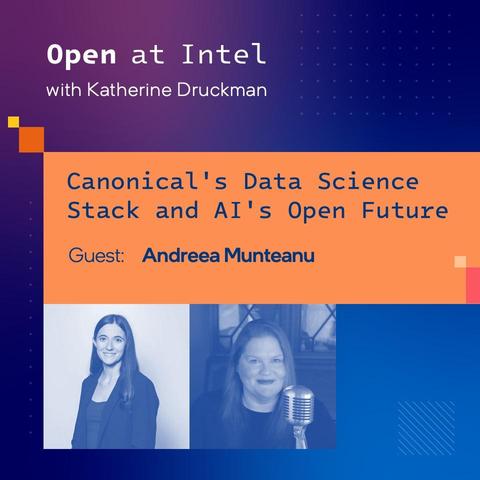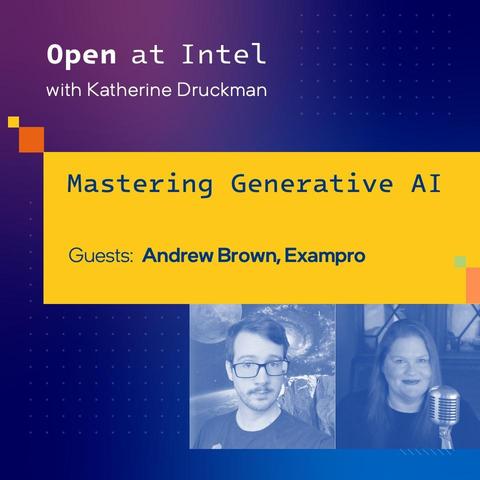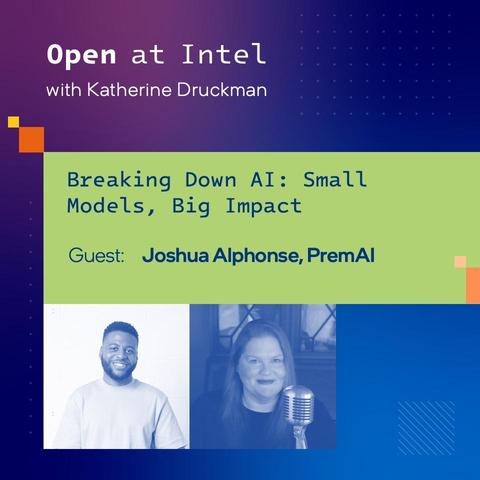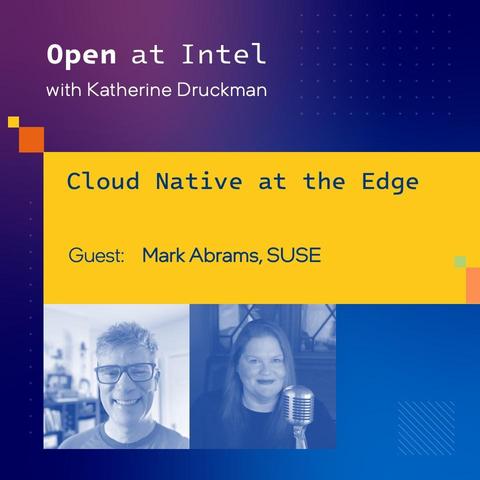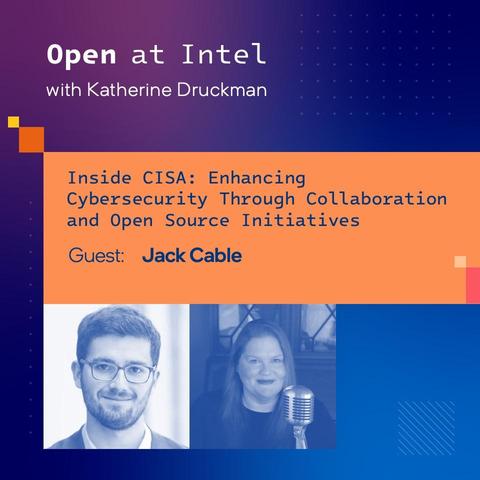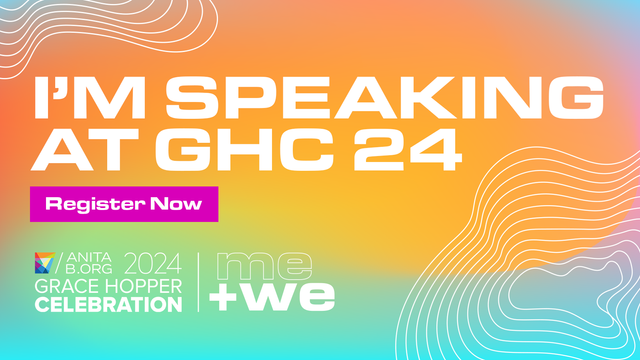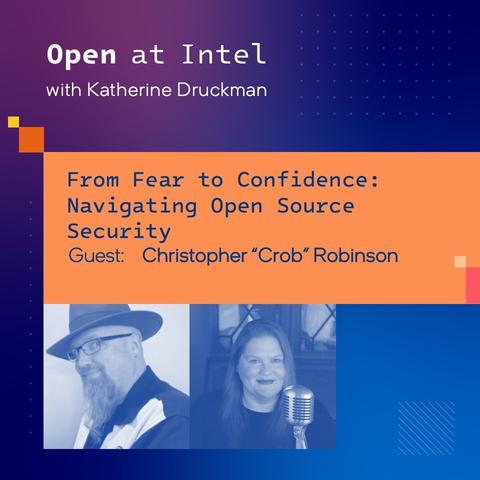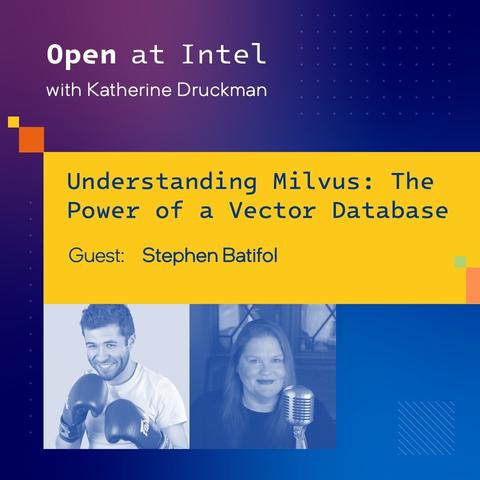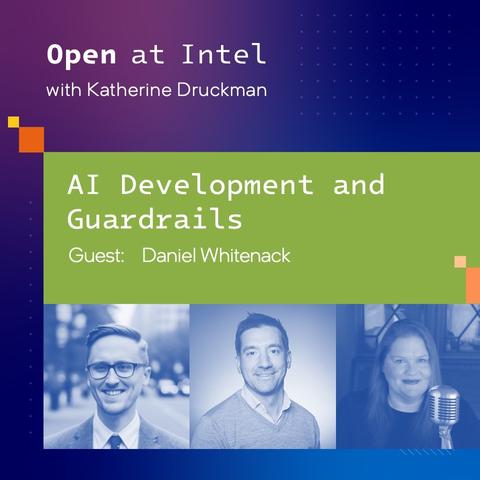Oh hey, another episode! This time I talked with Anreea Munteanu of Canonical about #DataScienceStack and why the future of AI is OPEN!
https://openatintel.podbean.com/e/canonicals-data-science-stack-and-ais-open-future/
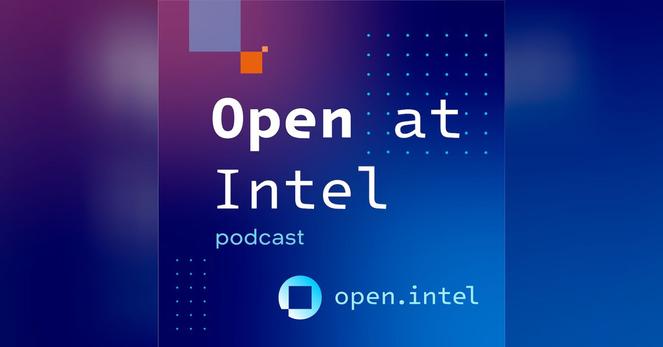
Canonical's Data Science Stack and AI's Open Future | Open at Intel
In this episode, Andreea Munteanu of Canonical discusses Data Science Stack, an out-of-the-box machine learning environment solution. Emphasizing the industry's shift to Kubernetes and cloud native applications, she outlines her vision for accessible and secure open source AI. The conversation also covers the importance of community contribution, challenges faced by data scientists, and the future of AI being open source. 00:00 Introduction 01:50 Data Science Stack Introduction 03:31 Community and Collaboration 06:30 Getting Started with Generative AI 08:56 Andreea's Journey into Data Science 10:59 The Future of AI and Open Source 14:57 Encouraging Open Source Contributions 17:28 Conclusion and Final Thoughts Guest: Andreea Munteanu helps organizations drive scalable transformation projects with open source AI. She leads AI at Canonical, the publisher of Ubuntu. With a background in data science across industries like retail and telecommunications, she helps enterprises make data-driven decisions with AI.
